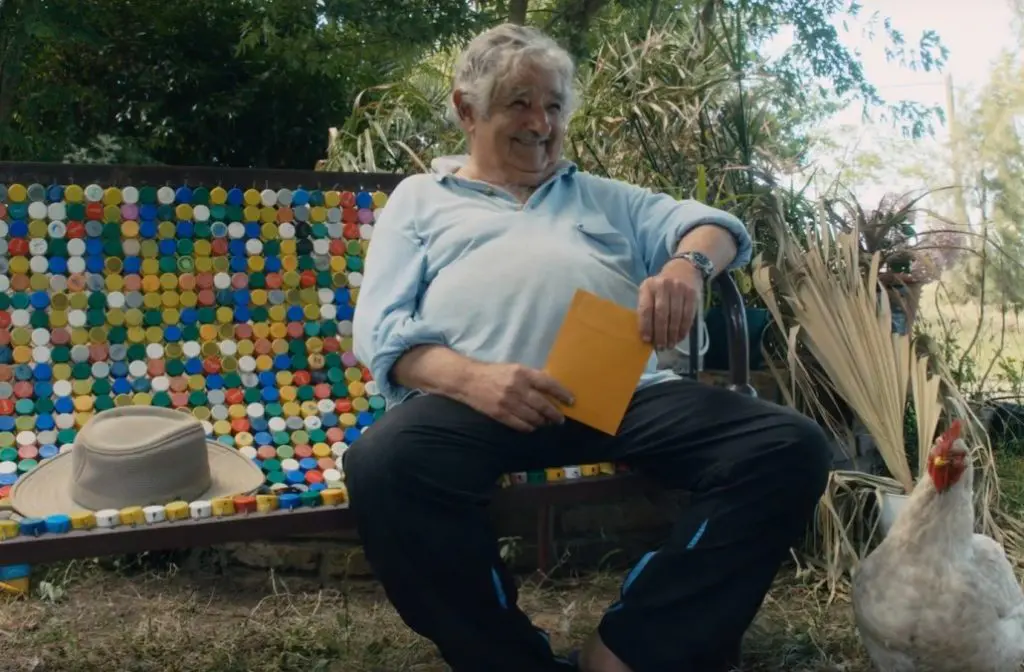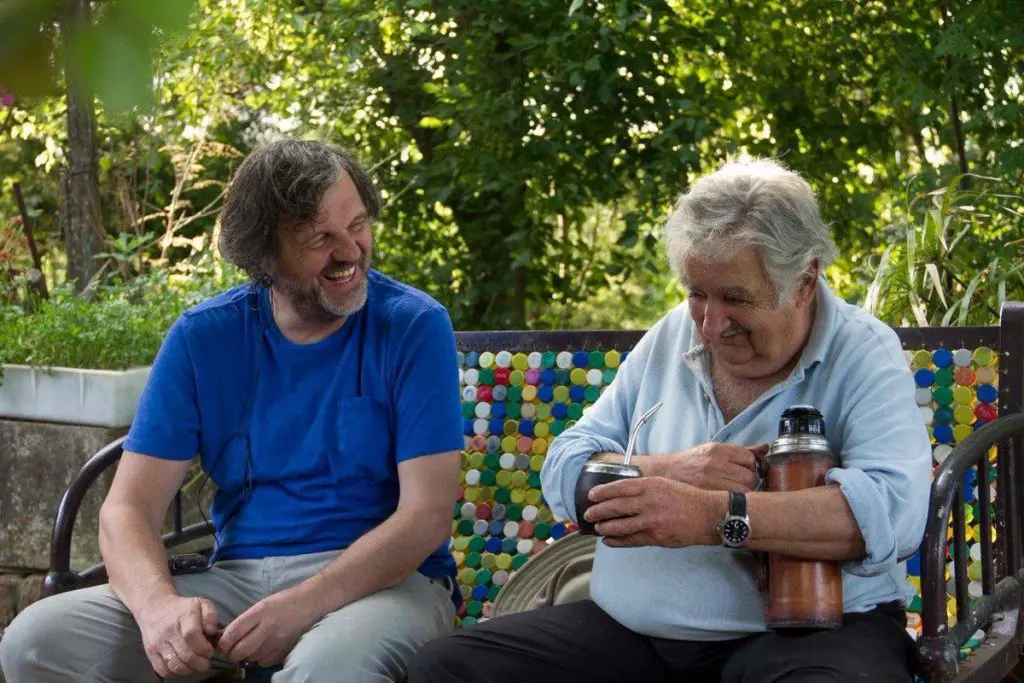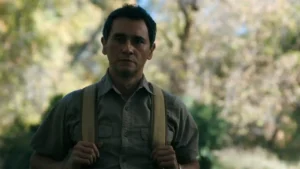Summary
Netflix’s new documentary on José Mujica is informative without really probing its subject.
Netflix’s latest documentary feature, El Pepe Una Vida Suprema, or El Pepe: A Supreme Life, plays out like a jovial conversation more than an interrogation. That might be for the best since its subject, former Uruguayan left-wing president José Mujica, was detained and tortured for over a decade following Uruguay’s military coup in 1973, after beginning his political career as a militant guerilla. Coming courtesy of Serbian filmmaker Emir Kusturica, who also conducts the film’s interviews, the feature is sporadically informative without ever feeling truly revealing; there’s more hinted at and left unexplored than actually discussed.

Plenty is discussed in El Pepe, Una Vida Suprema, though. Mujica, now aged 83, comes across as affable and clever — the kind of qualities you’d expect from a head of state. He has lived and learned a lot; mostly the hard way, through trauma and pain. But that kind of understanding, almost sympathetic prodding is no good for a documentary. Archive footage and various clips show him as a president, as a public figure, as a farmer, all with an appreciative gloss that Kusturica reinforces in his laidback interview style. It’s easy to get a sense of who Mujica is now, and his relationship with his wife, Uruguay’s current Vice-President Lucia Topolansky, and his general beliefs both as a politician and a citizen. But it’s hard to get a sense of why.
Much like how Mujica’s pain has defined his outlook, El Pepe, Una Vida Suprema makes it clear that his activity as part of the Tupamaros, or National Liberation Movement, is a more interesting and contentious topic of discussion. But his actual involvement in guerrilla activity is left startingly unexplored. The film is interested in valorizing where Mujica is rather than testing how he got there; a disappointing vibe for a documentary film with such a level of access to a former world leader.




